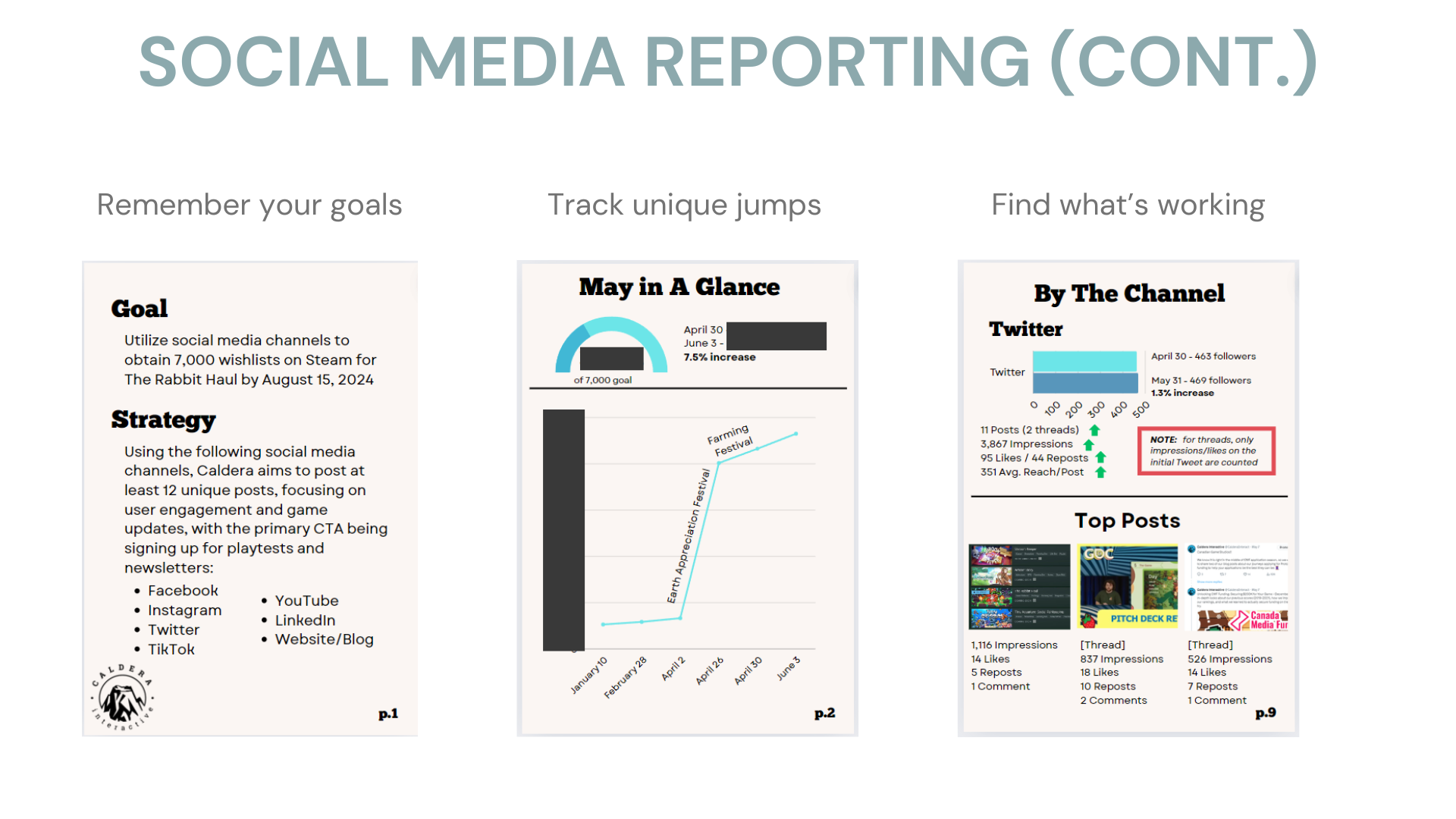Online Banking Insights
Your go-to source for the latest news and trends in online finance and banking.
Community Buzz: How to Keep Players Hooked with Effective Management
Unlock the secrets to player retention! Discover effective management tips that will keep your community buzzing and players engaged.
Creating a Thriving Community: Strategies for Engaging Players
Creating a thriving community around your game involves understanding player needs and fostering engagement. Start by regularly communicating with your players through various channels such as forums, social media, and in-game events. Establishing a presence on platforms like Discord or Reddit can also facilitate open discussions. In addition, consider implementing feedback sessions where players can voice their opinions and ideas. This not only gives them a sense of ownership but also helps you tailor your game to better fit their desires.
Another effective strategy for engaging players is organizing community events that encourage participation. These can range from competitions, in-game quests, or even community challenges that reward active players. You can also create a newsletter highlighting community achievements and upcoming events to keep everyone informed and involved. Building and maintaining relationships within your community is crucial, so be sure to acknowledge and appreciate your dedicated players, as this fosters loyalty and enthusiasm for your game.

Counter-Strike is a highly popular tactical first-person shooter game that emphasizes team-based gameplay and strategy. Players can choose to be part of either the terrorist or counter-terrorist team, each with unique objectives. For those looking to enhance their gaming experience, using a clash promo code can unlock various benefits.
10 Effective Management Techniques to Keep Your Gaming Community Vibrant
Creating and sustaining a vibrant gaming community is essential for engaging players and fostering loyalty. One effective management technique is to encourage active participation. This can be achieved by hosting regular events such as in-game contests, tournaments, or community challenges. Additionally, establishing a feedback mechanism allows players to voice their opinions and suggestions, ensuring that they feel valued and integral to the community. Another key technique is to actively manage conflict resolution by establishing clear guidelines and protocols for addressing disputes. This helps maintain a positive atmosphere and shows that leadership is committed to fairness.
Moreover, leveraging social media to create a strong online presence is crucial for keeping your gaming community engaged. Regularly sharing updates, news, and highlights from community activities can excite your players and encourage more interaction. Utilizing content creation from community members, such as fan art or gameplay videos, can also foster a sense of belonging and pride. Finally, recognizing and rewarding loyal members through unique titles, perks, or in-game rewards can motivate continued participation and help maintain a vibrant community atmosphere.
What Do Players Really Want? Understanding Community Needs for Better Engagement
Understanding what players truly want is essential for fostering a vibrant and engaged gaming community. At the core, players seek authentic engagement and a platform where their voices are heard. This can be achieved through regular feedback loops, such as community surveys and open forums. By actively listening to player suggestions and concerns, developers can tailor their offerings to create more meaningful experiences. Moreover, a sense of belonging is critical; players want to feel like they are part of a community, not just users of a product. This can be enhanced by creating exclusive events, competitions, or special content that resonates with the community’s values and interests.
Another key aspect that players desire is transparency from developers and game publishers. When companies communicate openly about game mechanics, updates, and future plans, it builds trust and fosters loyalty among players. This could involve sharing behind-the-scenes content, development roadmaps, or responding promptly to community issues. Additionally, recognition plays a pivotal role; players want to be acknowledged for their contributions, be it through shout-outs in community updates or in-game rewards. By addressing these essential needs—authentic engagement, transparency, and recognition—developers can significantly enhance player satisfaction and build a thriving community.